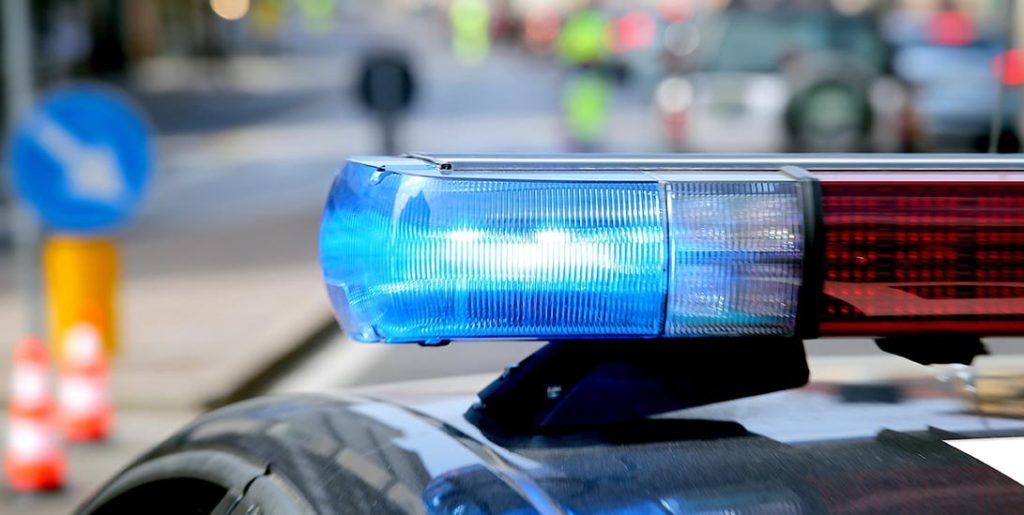Home » South Carolina DUI Checkpoints: What You Need to Know
South Carolina DUI Checkpoints: What You Need to Know

Law enforcement officers use a number of methods in South Carolina to apprehend motorists driving while driving under the influence of alcohol or drugs. A common law enforcement approach is to establish DUI checkpoints for vehicles. These checkpoints can be an important tool for law enforcement, as vehicles passing through the checkpoint can be stopped, inquired, and further investigated if warranted. Checkpoints result not only in DUI arrests, but also in violations of licenses and insurance, drug offenses, and warrant arrests.
The United States’ Fourth Amendment to the Constitution ensures that all persons have the right to be protected from unreasonable searches and seizures. While the equivalent of a “seizure” is a license or DUI checkpoint, the U.S. Supreme Court upheld the constitutionality of using a brief stop to check licenses or detect drunk drivers. Not all checkpoints are legal, however, unless they meet certain basic requirements. Whether or not a checkpoint is legal depends largely on exactly how the checkpoint was set up by law enforcement, how the checkpoint was run, and proof that the checkpoint was “successful.”
Requirements for Setting Up a Legal DUI Checkpoint:
There are strict guidelines for establishing DUI or sobriety checkpoints that must be followed by the state.
1. Have a Valid Reason for the Checkpoint – Law enforcement needs to have a valid reason for the location of the checkpoint.
2. Approval from Supervisory Staff – Supervisory enforcement staff must approve: 1) the decision to set a checkpoint, 2) the selection of the checkpoint site, and 3) the checkpoint operation procedures.
3. Law Enforcement Must Announce the Checkpoint – Law enforcement must announce any potential checkpoint date and location.
4. Cars Must Be Stopped in a Predictable Pattern – In South Carolina, when conducting a checkpoint, law enforcement can not randomly stop vehicles. Instead, according to a neutral formula, law enforcement can only stop the motorist in a sequence. (For example, by pulling over each second or third vehicle.)
5. The Site Must Be Safe and Identifiable – Law enforcement must take precautions for security, such as proper lighting, warning signs, and signals. Additionally, law enforcement vehicles must be clearly identifiable and used in uniform personnel. Finally, it is necessary to clearly identify the checkpoint as a license or DUI checkpoint. The checkpoint, in other words, can not be used randomly for anything.
6. The Stop Must Be Brief – There is no set time limit under South Carolina law during which a driver can be detained at a checkpoint by law enforcement. Nevertheless, law enforcement must establish procedures to ensure that drivers are not held longer than they need. Whether the stop period was reasonable in each case depends on the circumstances.
7. Checkpoint Must Be Effective – When an arrest is made at a checkpoint, the prosecution must present evidence that the checkpoint “served the interest of the public.” Typically, the prosecution can demonstrate the effectiveness of a DUI checkpoint by showing that traffic stops actually resulted in traffic violations (such as driving without a license) or criminal violations (such as drunk driving) being discovered.
What You Should Do at a DUI Checkpoint
● Remain Calm. Officers realize it is stressful for most drivers to be stopped by the police, but acting too nervous or upset may raise suspicions.
● Show Respect. There is no need to disrespect an officer. If you have to decline the requests of an officer, do so politely. The incident does not need to escalate, but if it does, you will be on the losing end.
● Exercise Your Right to Remain Silent. Be respectful to the law enforcement officer and state that you want to remain silent in a respectful manner. Don’t say anything unless you’re versed in the law.
● Don’t Agree to a Vehicle Search. If the officer asks, you do not need to consent to a vehicle search. Refusing to consent to a search does not mean that you are guilty of a crime. Your silence can’t imply consent.
● Refuse a Test. You don’t have to carry out any field sobriety tests if asked, but refusal to do so will cause your driver’s license to be suspended.
Fighting for Your Legal Rights
If you or someone you love has been arrested for DUI, contact The Woods Law Firm to discuss your options and get a strong defense team today.
